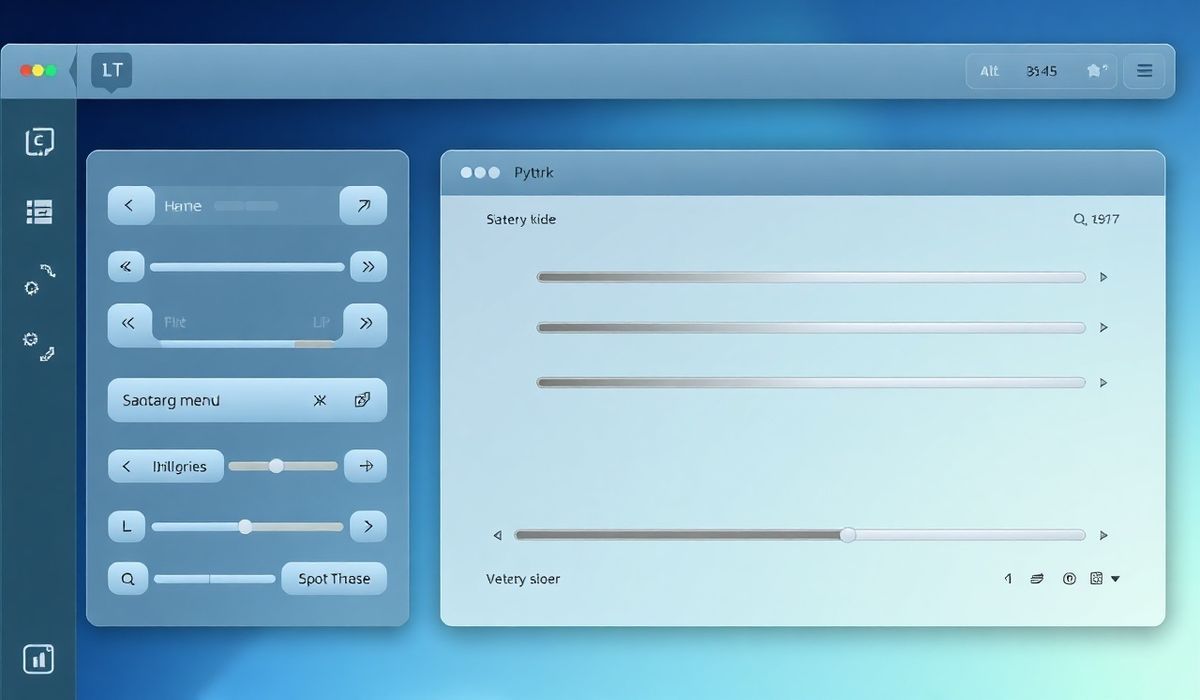Introduction to Twisted
Twisted is a popular event-driven networking engine written in Python. It provides an extensive toolkit for building robust, scalable, and asynchronous network applications. With support for protocols such as HTTP, FTP, SSH, and more, Twisted enables developers to create complex networking solutions with minimal effort. Its flexibility, combined with a rich set of APIs, makes Twisted a go-to library for building real-time services, chat applications, proxies, and more.
Why Use Twisted?
- Event-based architecture for better scalability.
- Support for a wide range of protocols like TCP, UDP, HTTP, WebSocket, and more.
- Rich API for asynchronous I/O operations.
- Test suite integrations for writing reliable software.
Key Twisted APIs with Examples
1. Twisted Reactor
The reactor is the core of Twisted. It handles event loops, schedules tasks, and processes input/output operations asynchronously.
from twisted.internet import reactor
def say_hello():
print("Hello, world!")
reactor.stop() # Stop the reactor after completing the task
reactor.callLater(1, say_hello) # Schedule the function after 1 second
reactor.run() # Start the reactor
2. Deferreds for Asynchronous Results
Deferreds enable non-blocking behaviors by representing the result of an operation that may not have completed yet.
from twisted.internet.defer import Deferred
def on_success(result):
print("Success:", result)
def on_failure(failure):
print("Failure:", failure)
d = Deferred()
d.addCallbacks(on_success, on_failure)
d.callback("Task finished successfully!") # Trigger success
3. Building TCP Servers
Twisted makes it easy to create TCP servers with minimal boilerplate.
from twisted.internet.protocol import Protocol, Factory
from twisted.internet import reactor
class EchoProtocol(Protocol):
def dataReceived(self, data):
self.transport.write(data) # Echo data back to the client
class EchoFactory(Factory):
def buildProtocol(self, addr):
return EchoProtocol()
reactor.listenTCP(8000, EchoFactory()) # Start a TCP server on port 8000
reactor.run()
4. Using Twisted Web for HTTP Servers
Twisted provides robust tools for building web applications and handling HTTP requests.
from twisted.web import server, resource
from twisted.internet import reactor
class HelloResource(resource.Resource):
isLeaf = True
def render_GET(self, request):
return b"Hello, Twisted Web!"
site = server.Site(HelloResource())
reactor.listenTCP(8080, site)
reactor.run()
5. Scheduling Periodic Tasks
Tasks that need to run repeatedly at fixed intervals can be scheduled using task.LoopingCall.
from twisted.internet import task, reactor
def print_message():
print("This message repeats every 2 seconds!")
loop = task.LoopingCall(print_message)
loop.start(2.0) # Run the task every 2 seconds
reactor.run()
A Complete App Example: Chat Server
Here’s a complete example of a simple chat server using Twisted.
from twisted.internet.protocol import Factory, Protocol
from twisted.internet import reactor
class ChatProtocol(Protocol):
clients = []
def connectionMade(self):
self.clients.append(self)
self.transport.write(b"Welcome to the chat server!\n")
def connectionLost(self, reason):
self.clients.remove(self)
def dataReceived(self, data):
for client in self.clients:
if client != self:
client.transport.write(data)
class ChatFactory(Factory):
def buildProtocol(self, addr):
return ChatProtocol()
reactor.listenTCP(9000, ChatFactory())
reactor.run()
Run this code and connect via a TCP client like Telnet or Netcat to test the chat server in action!
Conclusion
Twisted is a powerful library for asynchronous programming and creating feature-rich networking applications. Whether you’re building scalable web servers, real-time chat applications, or custom protocol implementations, Twisted provides the tools and flexibility you need to succeed. Explore its API further to unlock its full potential!




